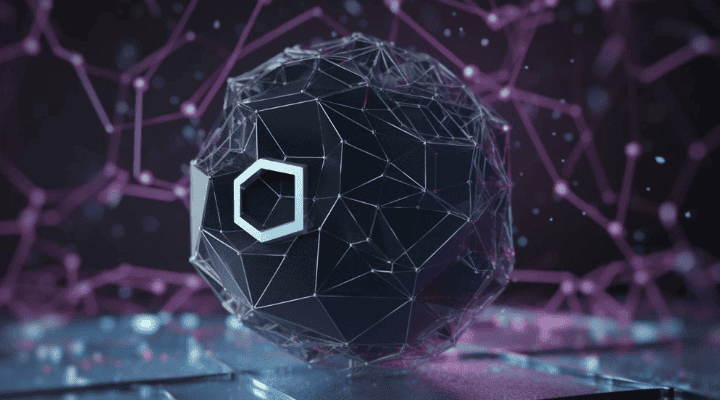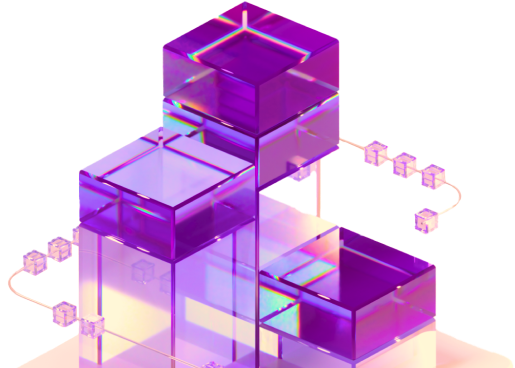March 2025 has marked a significant period of transformation in the financial industry as Decentralized Finance (DeFi) continues its rapid expansion, with one of the most notable developments being the tokenization of Real-World Assets (RWA). This innovative shift is revolutionizing traditional financial markets by enabling real-world assets, such as real estate, commodities, and even fine art, to be tokenized on blockchain platforms.
In recent months, the integration of Real-World Assets (RWA) into the DeFi ecosystem has gained tremendous traction, bringing a new layer of liquidity, transparency, and accessibility to previously illiquid and opaque markets. DeFi platforms are now enabling tokenized versions of assets that were traditionally difficult or costly to trade in traditional financial systems, creating new opportunities for both institutional and retail investors.
This development is set to drive further adoption of blockchain technology and decentralized finance by enhancing liquidity, reducing transaction costs, and offering fractional ownership options to investors across the globe.
The Rise of RWA Tokenization in DeFi
RWA tokenization refers to the process of converting physical or traditional financial assets into digital tokens on a blockchain. These tokens represent ownership of real-world assets, such as real estate, stocks, bonds, and precious metals, allowing investors to buy, sell, or trade these assets with greater efficiency and flexibility than in the traditional finance sector.
One of the key drivers of RWA tokenization is the ability to offer fractional ownership of traditionally large and illiquid assets. For example, tokenized real estate allows investors to purchase a fraction of a property, which was previously out of reach for many due to high costs and barriers to entry. Similarly, tokenized commodities, like gold or oil, enable investors to gain exposure to these assets without the need for physical storage or complex logistics.
Moreover, tokenization offers enhanced transparency, security, and faster settlement times compared to traditional financial markets. The immutability of blockchain technology ensures that ownership records are transparent and tamper-proof, providing greater confidence to investors. Additionally, the efficiency of blockchain platforms allows for near-instantaneous transactions, reducing the time and costs typically associated with trading or transferring ownership of real-world assets.
How DeFi and RWA Tokenization Are Reshaping Traditional Financial Markets
The growth of DeFi platforms and the tokenization of real-world assets are disrupting traditional financial markets in a variety of ways. Historically, financial markets have been centralized, controlled by banks, brokers, and other intermediaries. DeFi, on the other hand, operates on decentralized networks, allowing users to access financial services without the need for traditional intermediaries.
The tokenization of real-world assets brings this decentralized model to sectors that were previously dominated by centralized institutions. Investors can now directly interact with tokenized versions of real-world assets, enabling peer-to-peer trading, direct asset ownership, and enhanced financial inclusivity. For example, tokenized real estate platforms allow investors to bypass traditional real estate agents and banks, reducing fees and time delays in the buying and selling process.
Furthermore, the tokenization of RWAs offers institutional investors new ways to diversify their portfolios. By incorporating tokenized real-world assets, such as real estate or bonds, DeFi platforms are providing investors with access to previously inaccessible markets, further enhancing the appeal of decentralized finance solutions.
The Benefits of RWA Tokenization for Investors
For investors, RWA tokenization offers a range of benefits, particularly in terms of liquidity, fractional ownership, and global access to markets. In traditional markets, many assets, such as real estate or fine art, are illiquid and require significant capital to invest in. Tokenization enables investors to own a fraction of these assets, thus reducing the financial barrier to entry and making it easier to diversify their portfolios.
Additionally, tokenization allows for greater liquidity in markets that have traditionally been illiquid. Tokenized assets can be traded on decentralized exchanges (DEXs), allowing investors to buy and sell assets at any time without waiting for long settlement periods. This provides a level of flexibility that was previously unavailable in traditional asset markets.
Moreover, the global nature of blockchain platforms ensures that investors from any part of the world can participate in tokenized asset markets. This global access is a key advantage of DeFi, as it allows individuals in emerging markets or regions with limited access to traditional financial institutions to participate in global asset markets.
The Future of DeFi and RWA Tokenization
As we move further into 2025, the integration of Real-World Assets into DeFi platforms is expected to accelerate. The tokenization of assets will continue to open up new investment opportunities, reduce barriers to entry, and increase financial inclusivity. As blockchain technology evolves, more traditional financial institutions are likely to adopt decentralized finance solutions, further bridging the gap between traditional finance and the rapidly growing DeFi ecosystem.
Regulatory clarity will also play a crucial role in the future growth of RWA tokenization. Governments and financial regulators are beginning to recognize the potential of blockchain and tokenization to transform financial markets. As regulations become clearer, it is expected that institutional adoption of tokenized real-world assets will increase, bringing greater stability and legitimacy to the DeFi space.
The rise of decentralized finance and the tokenization of real-world assets are reshaping the future of finance, offering unprecedented access to global markets, liquidity, and fractional ownership. As DeFi platforms continue to innovate, the integration of RWA tokenization will play a pivotal role in expanding the scope and reach of decentralized financial systems.

 English
English
 Deutch
Deutch
 Espanol
Espanol
 Francais
Francais
 Portugues
Portugues
 日本
日本
 한국인
한국인
 Türk
Türk
 Русский
Русский
 Tiếng Việt
Tiếng Việt

